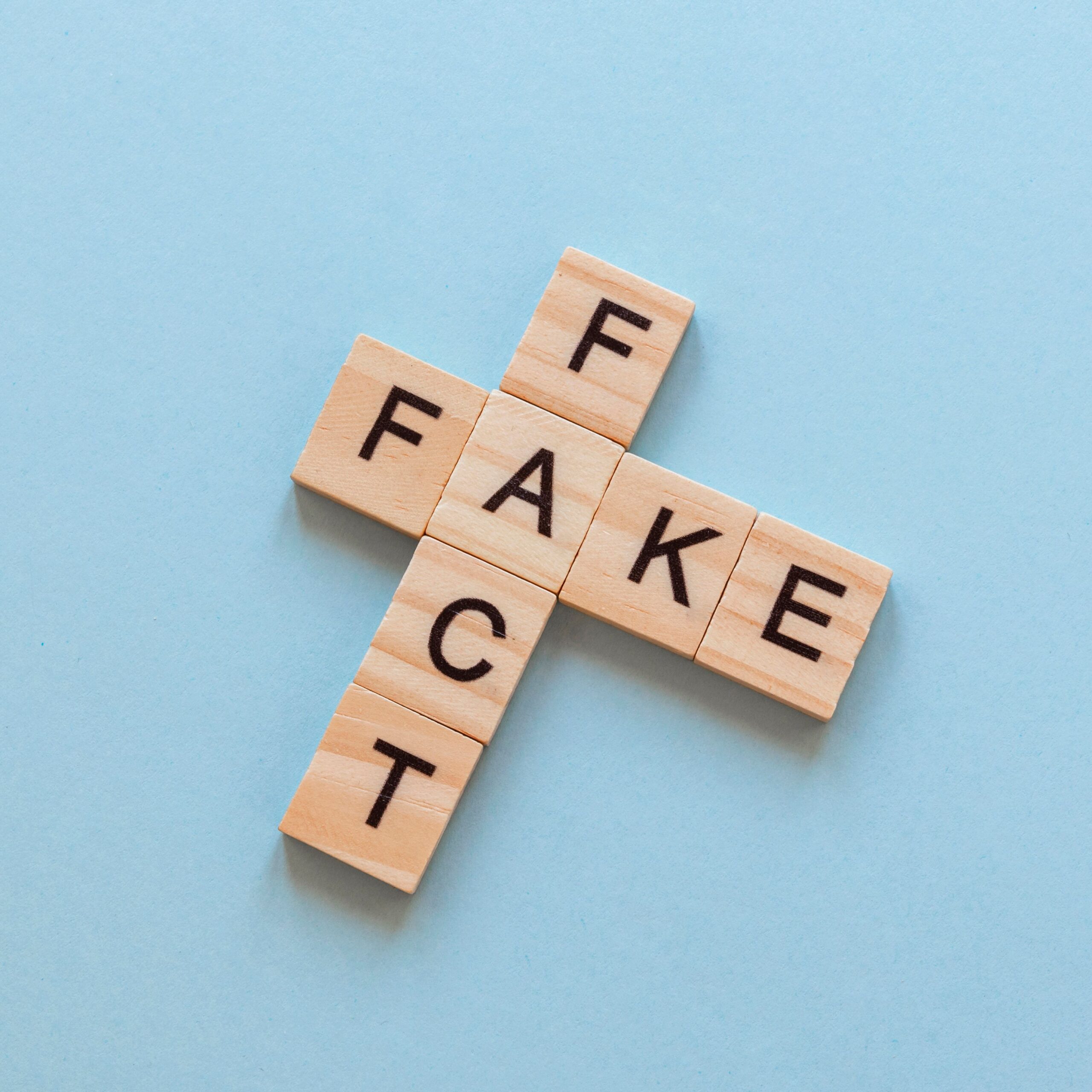Do you ever wonder what’s real in an era where information is readily available? A new era of “Deep Doubt” is dawning as artificial intelligence advances and the media landscape undergoes a significant transformation. Our capacity to separate fact from fiction is put to the test by these changes. Let us examine the reasons behind the increasing significance of media skepticism.
Imagine scrolling through your social media feed and encountering a ridiculous article. How can we believe what we see when AI-generated content is becoming more prevalent? The lines separating fact from fiction are becoming more hazy with the rise of deepfakes and algorithm-generated news stories that seem incredibly realistic. This is more than just a small disappointment; there are serious dangers to our understanding of reality. With false information spreading more quickly than before, there could be disastrous situations that influence everything from public opinion to election results.
Media skepticism is affecting democracy and personal freedom. When we cannot trust the information we consume, we are becoming lifeless consumers rather than informed citizens. Misinformation can sway public opinion, cause panic, and even foster division within communities. The recent rise in conspiracy theories highlights this danger. So now we must filter the real from the fake and always support and spread the real pieces of information only.
How can we avoid this situation? The first step is to cultivate critical thinking skills. Question the sources of your information. Are they credible? What are their motives? Consider the information from different angles and seek out fact-checking resources. Engaging in discussions with diverse groups can also expand your understanding and challenge your perspectives. By actively questioning the media we consume, we are building a more informed society.
In this era of “Deep Doubt,” it is highly important to be skeptical about what we read and see. As misinformation spreads easily, we have to be vigilant about sources from where we consume information. By questioning where information comes from and discussing it with people, we can better understand the truth. This way, we can protect our democracy and make sure everyone stays informed. Together, we can build a community that values honesty and helps us all navigate a confusing world.


